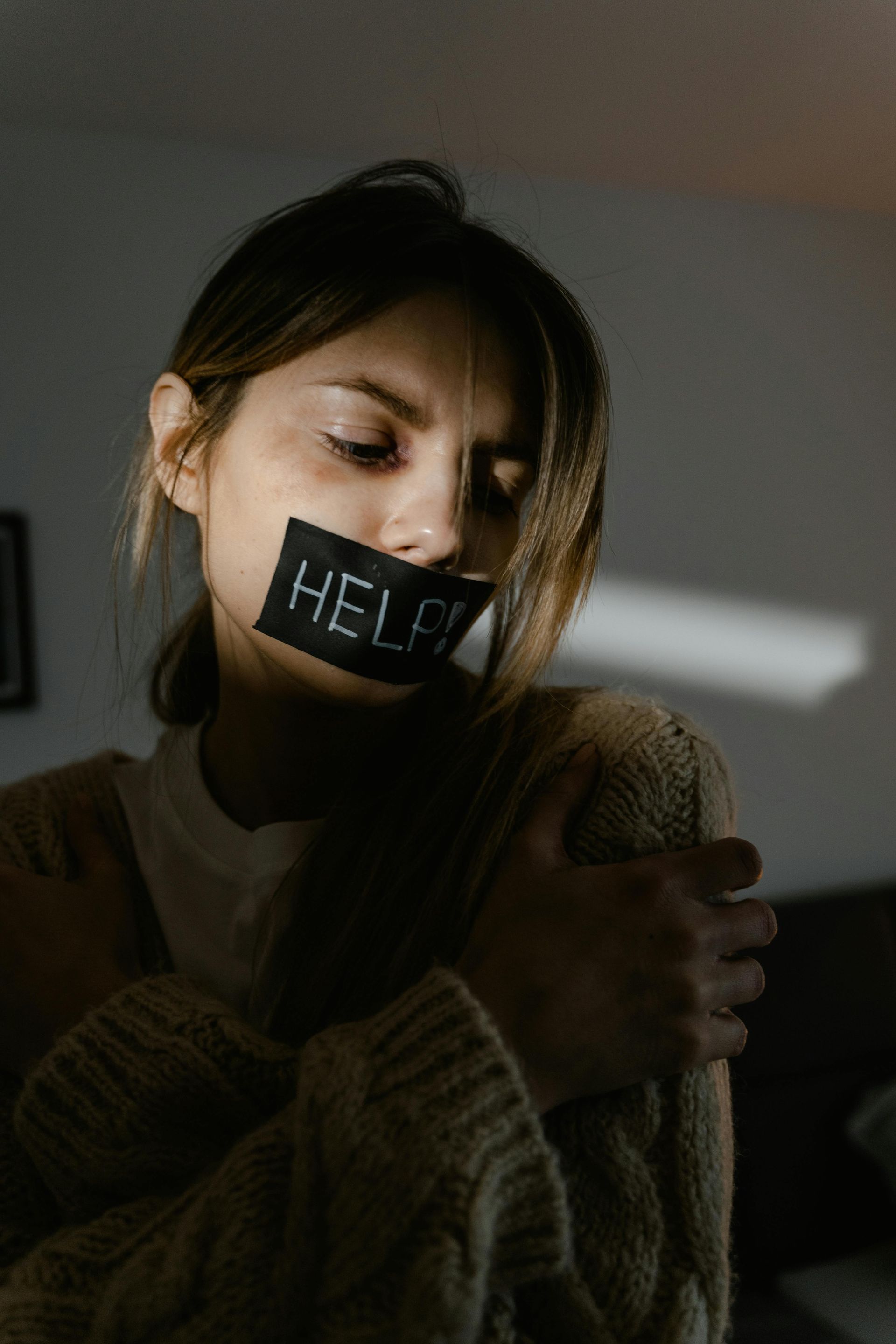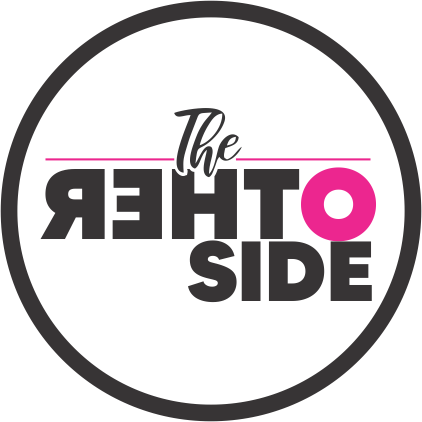Who Are You?
When faced with the question of “Who are you?”, many people really don’t know the answer. It’s a sad reality that we know so little about the person whom we walk around with all day every day, yet if I were to ask you about the other people in your world, you’d be able to answer the question with great accuracy.
I know, you probably don’t think you fall into this category because as you’ve begun thinking about who you are, you’ve come up with quite a few adjectives to describe yourself. I’d like to challenge you, however, to remove all descriptors that associate you with someone else, like mother, sister, friend, and even giver. The question is more about who you are at your core, independent of others. If there was no one else around, who would you be? What would exist in your world? What would motivate you? What would please you?
Many of us are so “other” focused that we haven’t taken the time to get to know ourselves, the most important person in our world; and if we don’t know ourselves, what exactly are we doing with the brief life we’re given? How can we be confident that we’re making the most of everyday? We can’t.
If you’re struggling to describe yourself, you don’t truly know yourself; and if you don’t know yourself, you can’t live for yourself. If this is you, I invite you to turn off autopilot and to take the time survey your life with clear focus of yourself in it, so you can live! You may be wondering how to do that, and there are many ways to go about it; I’ll give you a few to get you going.
1. Notice yourself. Take time every day, if possible, during your optimal time of day (i.e., mornings for a morning person) to simply breathe deeply and notice your breath. If you’ve never done this, it can bring up emotions for you. If you can tolerate it, allow the emotions to come as you continue to notice your breath. If this is unbearable, be compassionate with yourself and don’t push. Grab a drink of water and bring your attention to the space outside of yourself to get back to safety.
2. Journal. Journaling is a great way to discover your thoughts and feelings. Again, your optimal time of day is the best time to journal, and you can journal about anything. The best way to approach journaling is to write like no one else will read it. After finishing, read back what you’ve written. If necessary, destroy and discard your journal entries to protect your heart from others.
3. Discover your core values. Core values are deeply connected to our beliefs, and when we operate from them our actions are more intentional and aligned with who we are or who we want to be. We all have core values, even if we don’t recognize it. When we acknowledge our core values, we use them as our guiding light as we move through the world. When we fail to act with our core values in mind, often we experience shame, regret, and resentment. If you need help with discovering your core values, simply search “core values” on the internet and you’ll find sites that provide lists of examples. Once you discover your core values, I invite you to analyze them to determine if they truly resonate with you, or if they’re what you “should” choose based on your environment or upbringing. If it’s the latter, scrap them and try again.
4. Look in the mirror. Spend time looking at yourself in the mirror. What do you see? What do you like? Why? What don’t you like? Why? What would it be like to accept and embrace it all without attempting to change it? (Side note: these are great prompts for journaling.) When looking in the mirror, it’s important to note that what we see on ourselves is often reflective of what we see in ourselves. Many people want to change the outside, when really, it’s the inside we want to change. We all have the power to change, and acceptance is the first step. Remember, nothing in this world exists without positives and negatives, not even atoms. Our negative attributes provide balance; sometimes accepting them is all that’s needed.
5. Therapy. Therapy is a great place to learn about yourself; after all, it is all about you. In therapy you talk quite a bit, and then listen with the goal of gaining more insight into the way you exist in the world. Without help, many of us will sleepwalk through life and face many regrets. We are thinking, speaking, and behaving, and we don’t always know the why that’s at the root of it all. It is not a place to be told what to do, but rather to learn who you are so you can achieve your goals. Keep in mind, not all therapists are created equal. One attribute of a great therapist is their ability to take your words and to use them as a mirror for you to see your emotional and psychological self more clearly. If you find a therapist who can do this, you’re likely on your way to better knowing yourself. If you believe you can’t afford therapy, many states have agencies that offer low-cost options. In California, there’s Southern California Counseling Center, they offer low-cost therapy with pre-licensed counselors.




